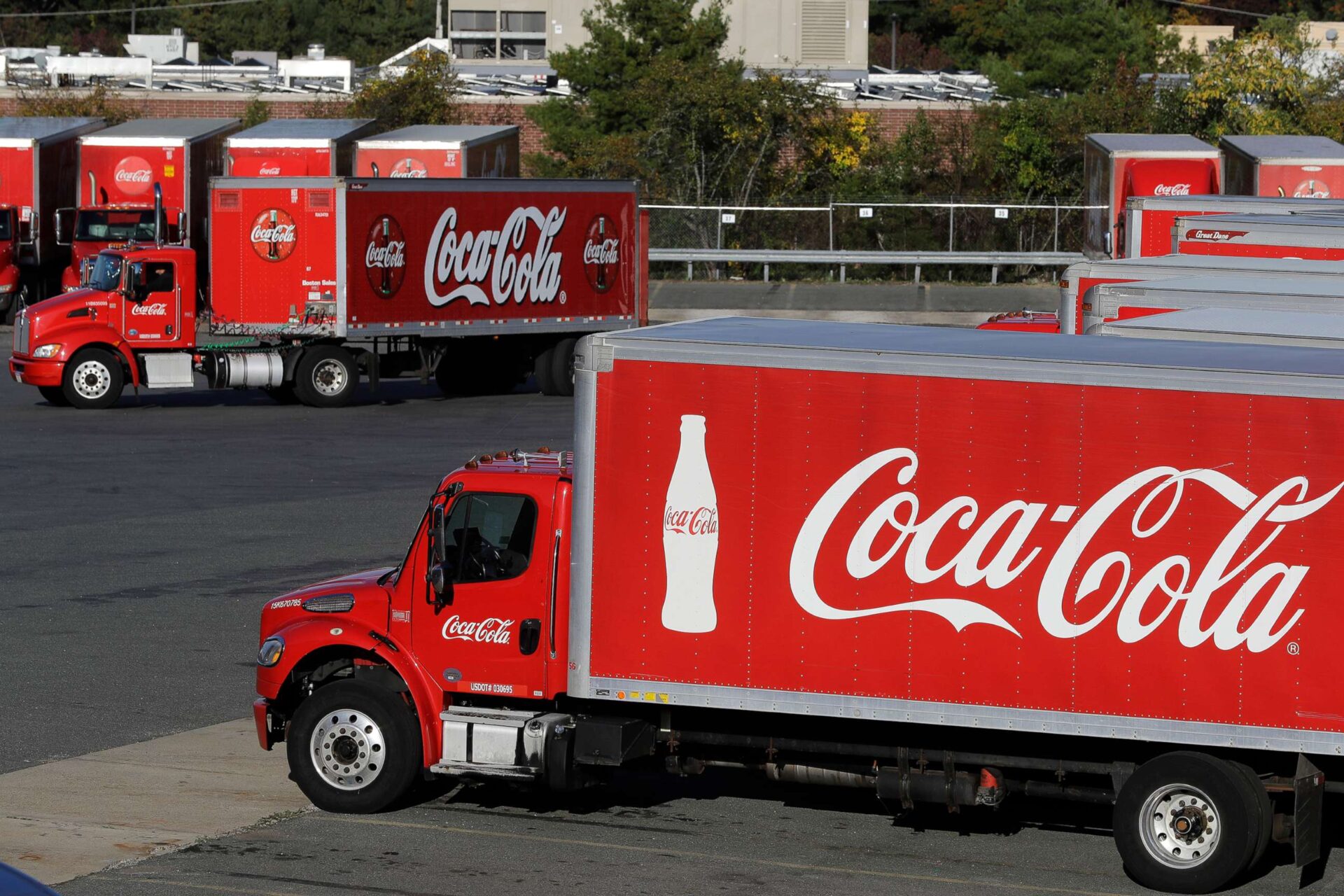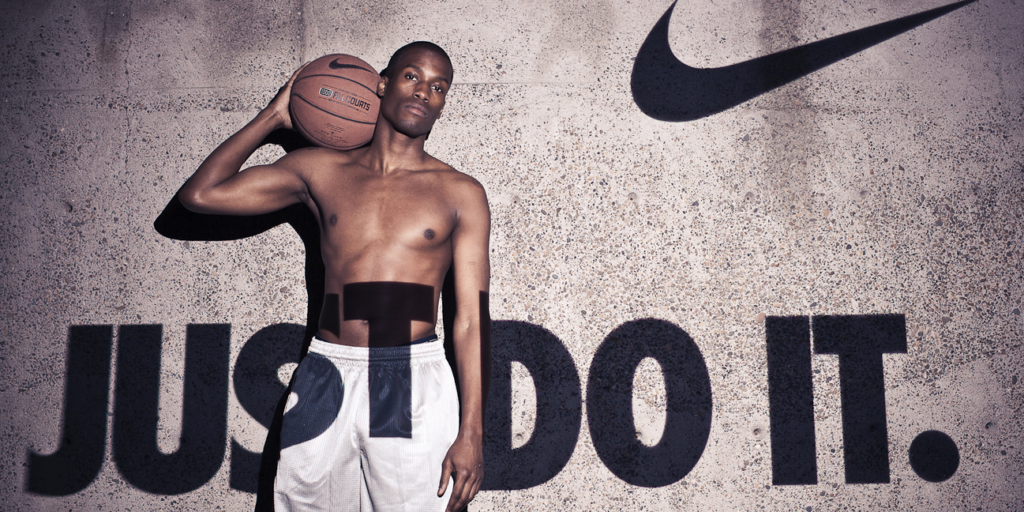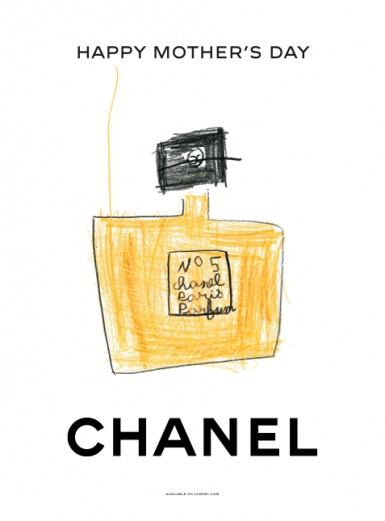The Hidden Business Model: What These Brands Actually Sell

Generating products is not the only key to generating real revenue. Having ownership of the system that links them is the key.
What do Google, Meta, Amul, Nike, Visa, Uber, Airbnb and others have in common?
Some of the world’s most iconic brands are known for one thing—but their real business is entirely different.
They don’t sell products. They sell trust, branding, and networks.
Let’s break it down.
Google: An Information Giant That Doesn’t Create Information
- What They Do: Google is the world’s largest search engine but doesn’t create articles or videos. It simply organises and ranks other people’s content.
- Why It Works: Google profits from search ads, making it one of the most valuable companies in the world without ever writing an article.

Amul: A Dairy Giant That Doesn’t Own Farms
Amul is India’s most prominent dairy brand, but here’s the twist: Amul doesn’t own dairy farms or cows.
- What They Do: Instead of producing milk, Amul operates as a cooperative, collecting milk from millions of small farmers and then processing and branding it.
- Why It Works: By empowering farmers and focusing on distribution, Amul became a $8 billion dairy empire—without ever milking a single cow.

Uber: A Transportation Company That Owns No Cars
Uber is the world’s largest ride-hailing company, but they don’t own any cars or employ drivers.
- What They Do: Uber provides a platform that connects riders with drivers, taking a cut from every ride.
- Why It Works: By avoiding vehicle ownership, Uber has built a $100 billion business without the costs of maintaining a fleet.

Coca-Cola: A Drink Company That Doesn’t Make Drinks
Most people think Coca-Cola is a soda company. But the truth? Coca-Cola doesn’t make the drinks you buy.
- What They Do: Coke makes the secret syrup instead of bottling soda. Then, they sell it to local bottling companies that handle production and distribution.
- Why It Works: Owning the syrup means Coke controls the brand without dealing with the hassles of manufacturing. That’s why the Coca-Cola Company pulled in $45 billion last year—without producing a single can themselves.

Zomato: A Food Company That Doesn’t Make Food
Zomato is one of India’s top food delivery platforms, but it doesn’t own restaurants or make food itself.
- What They Do: Zomato connects customers with restaurants and delivery partners, taking a commission on every order.
- Why It Works: They don’t deal with kitchens, chefs, or ingredients—just logistics and branding. And that makes Zomato a billion-dollar business.

Airbnb: A Hotel Company That Owns No Hotels
- What They Do: Airbnb connects travellers with property owners, allowing people to rent their homes or spare rooms. However, Airbnb doesn’t own any hotels or real estate.
- Why It Works: Airbnb has no construction or maintenance costs. Simply providing a marketplace has become a $100+ billion hospitality giant.

Visa: A Credit Card Company That Doesn’t Do Credit
Visa is one of the most recognised names in finance, but here’s the catch: Visa doesn’t issue credit or handle money.
- What They Do: Visa runs a payment network banks use to process transactions. The banks handle the credit and the risk, while Visa provides the technology that makes it all work.
- Why It Works: Visa earns fees on every swipe by being the middleman. There are no loans or risks—just pure profit from 600 million daily transactions.

Nike: A Sportswear Brand That Doesn’t Make Clothes or Shoes
Nike is a global leader in sportswear, but it doesn’t manufacture its products.
- What They Do: Nike designs and markets their shoes and apparel, then outsources production to factories worldwide.
- Why It Works: Instead of dealing with factories, supply chains, and raw materials, Nike focuses on branding and innovation. That famous swoosh? It’s worth billions.

Facebook (Meta): A Content Platform That Creates No Content
- What They Do: Facebook is one of the world’s biggest social media platforms, but it doesn’t create content. Instead, it relies on users to generate content while the company profits from ads.
- Why It Works: By owning the platform and user data, Facebook earns billions in ad revenue without producing a single post, video, or article.
Key Lesson: The Best Brands Own the Name, Not the Product
- Be the platform (Airbnb, Uber, Zomato, Facebook).
- Sell the network (Visa, Google, Jio).
- Control the brand, not the process (Nike, Coca-Cola, Amul).
Real money isn’t about making things. It’s in owning the system that connects them.



